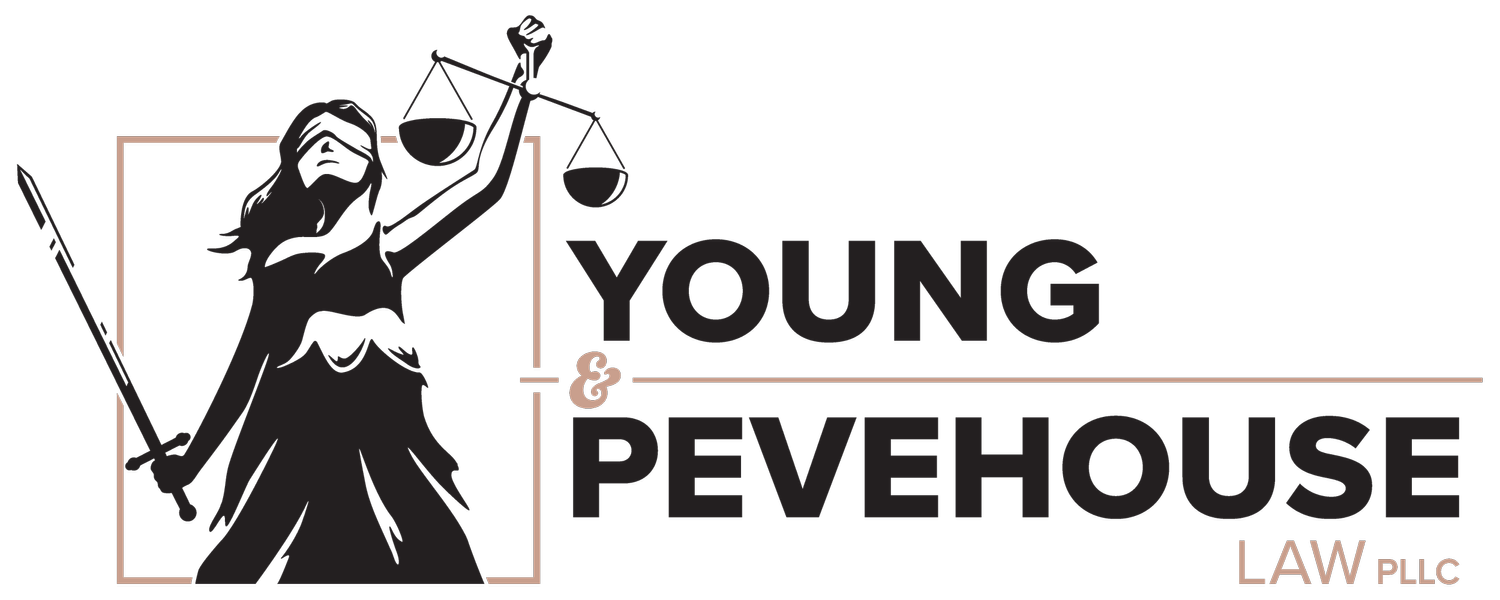How to Choose the Right Legal Structure for Your Business: A Comprehensive Guide
Choosing the right legal structure for your business is a critical decision that can impact everything from taxation and liability to management and growth opportunities. With several options available, including sole proprietorship, partnership, LLC, and corporation, it's essential to understand the unique characteristics of each and select the structure that best aligns with your business goals and circumstances. In this blog post, we'll provide a comprehensive guide on how to choose the right legal structure for your business, empowering you to make informed decisions for long-term success.
1. Understand Your Options: The first step in choosing the right legal structure for your business is to understand the various options available. Research the characteristics, advantages, and disadvantages of each structure, including sole proprietorship, partnership, limited liability company (LLC), S corporation, and C corporation. Consider factors such as taxation, liability protection, management flexibility, and regulatory requirements.
2. Assess Your Business Needs: Assess your business needs, goals, and priorities to determine which legal structure best aligns with your objectives. Are you a solo entrepreneur looking for simplicity and flexibility, or do you plan to have multiple owners and investors? Do you prioritize personal asset protection or prefer pass-through taxation? Clarifying your business priorities will help narrow down your options and guide your decision-making process.
3. Consider Liability Protection: Liability protection is a crucial consideration when choosing a legal structure for your business. Sole proprietorships and general partnerships offer no liability protection, exposing personal assets to business debts and legal liabilities. In contrast, LLCs and corporations provide limited liability protection, shielding personal assets from business obligations. Evaluate the level of risk associated with your business activities and choose a structure that offers adequate protection for your assets.
4. Evaluate Tax Implications: Taxation is another key factor to consider when selecting a legal structure for your business. Sole proprietorships, partnerships, and LLCs are typically subject to pass-through taxation, where business profits and losses are reported on the owner's individual tax return. In contrast, corporations are subject to double taxation, where profits are taxed at both the corporate and individual levels. Consult with a tax advisor to assess the tax implications of each structure and choose the most tax-efficient option for your business.
5. Consider Management and Control: Consider how you want your business to be managed and controlled when choosing a legal structure. Sole proprietorships and partnerships offer simplicity and autonomy but may lack formal management structures. LLCs and corporations provide more formalized management structures, with clear delineation of roles and responsibilities among owners, directors, and officers. Determine the level of management control you desire and select a structure that aligns with your preferences.
6. Consult with Legal and Financial Professionals: Choosing the right legal structure for your business is a significant decision with long-term implications. It's essential to seek guidance from legal and financial professionals who can provide expert advice tailored to your specific situation. An experienced business attorney can help you understand the legal ramifications of each structure and assist with the formation and documentation process. Additionally, a financial advisor can provide insights into the financial implications and assist with tax planning strategies.
Choosing the right legal structure for your business is a critical step toward establishing a solid foundation for success. By understanding your options, assessing your business needs, and considering factors such as liability protection, taxation, and management, you can make informed decisions that support your long-term goals. For personalized guidance and assistance with business formation and legal structuring, contact Young & Pevehouse Law today.
Young & Pevehouse Law specializes in providing comprehensive legal services for businesses of all sizes and industries. Schedule a consultation with Summer Young to explore your options and chart a course for success with confidence.

